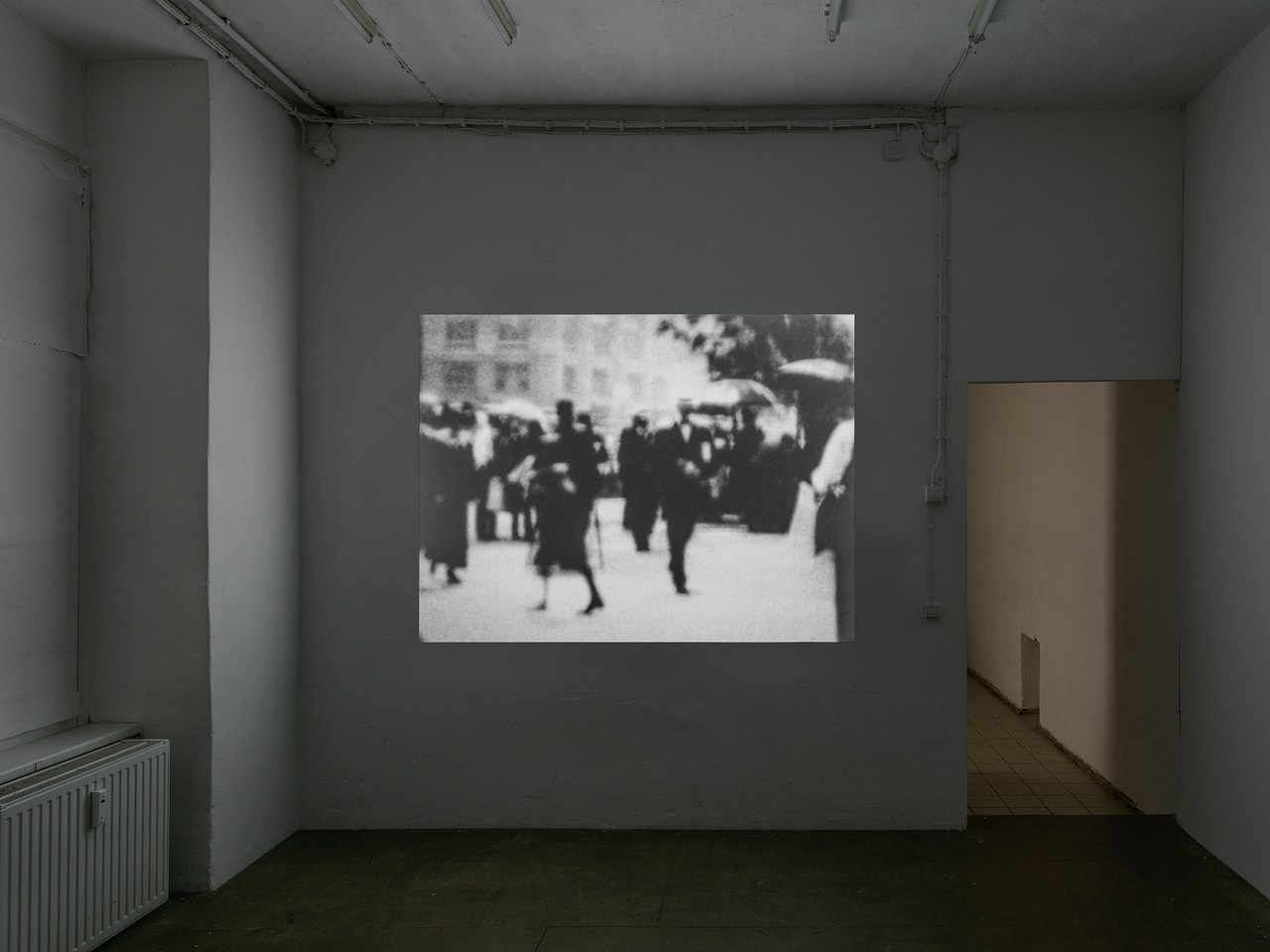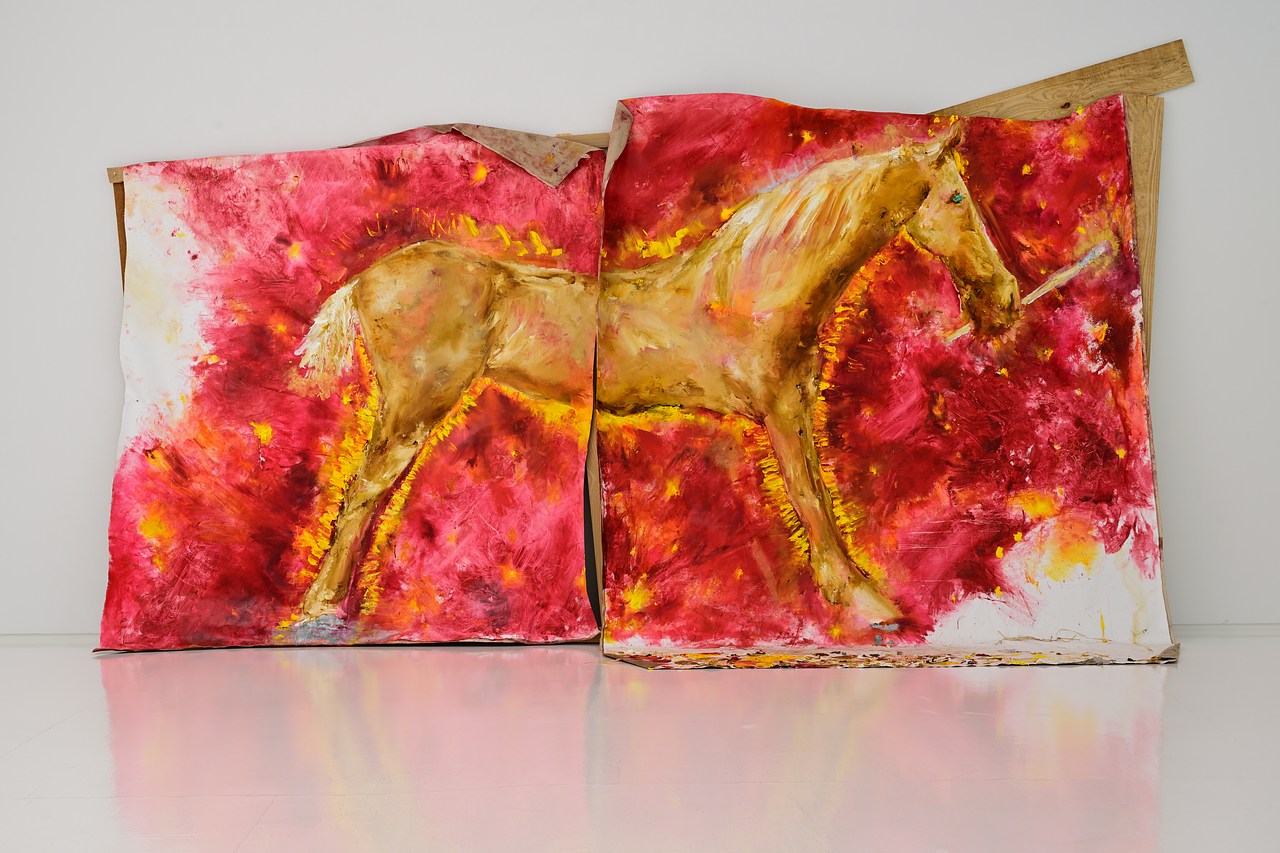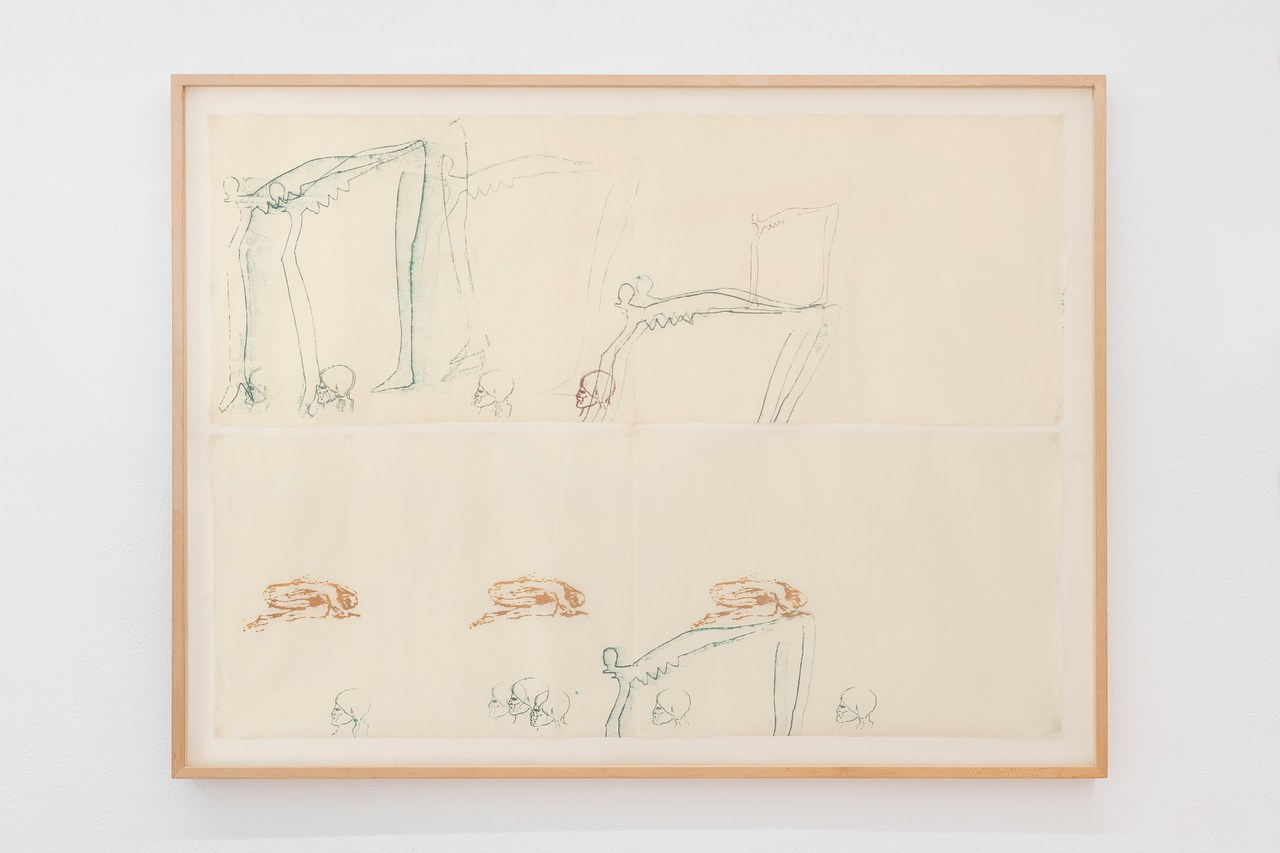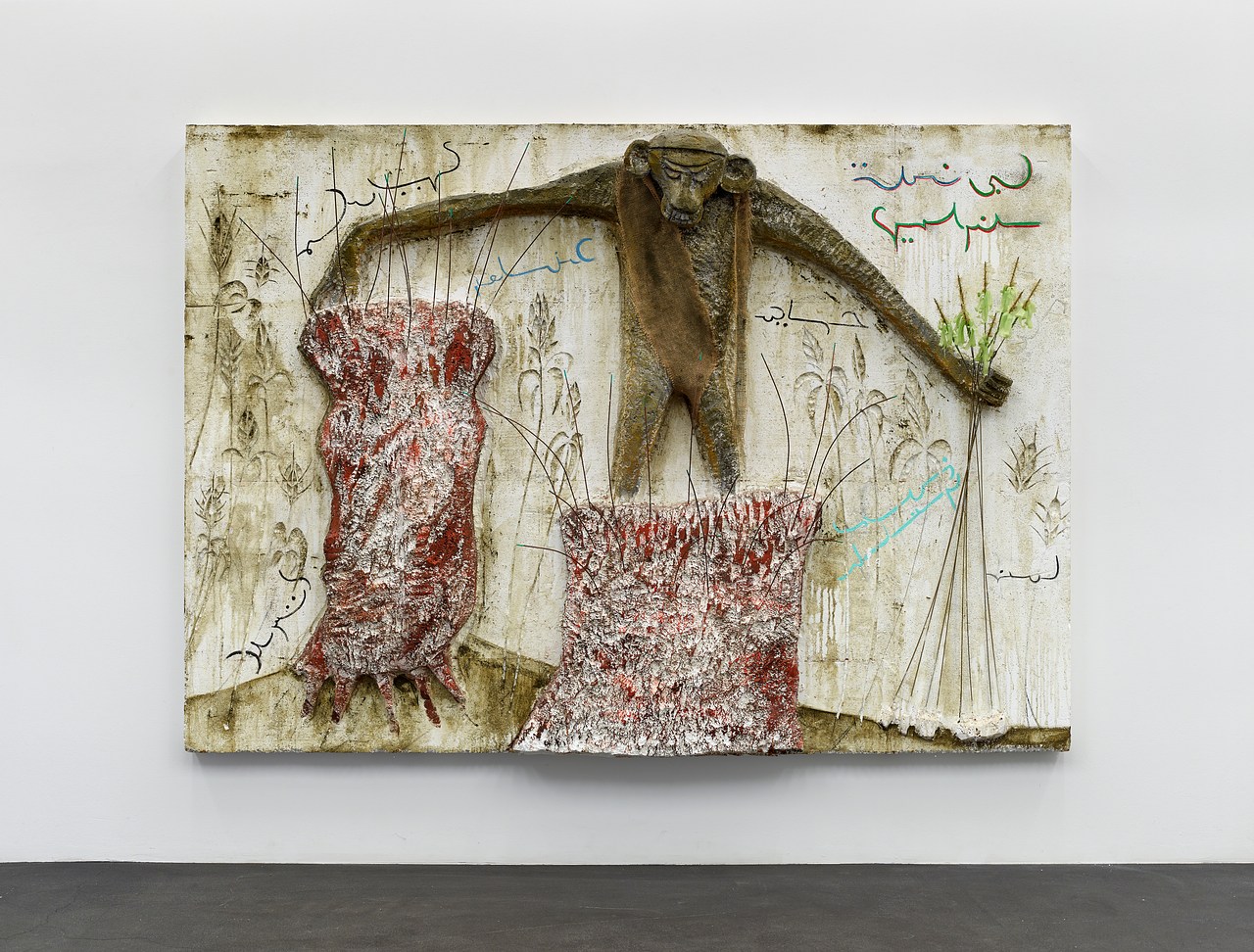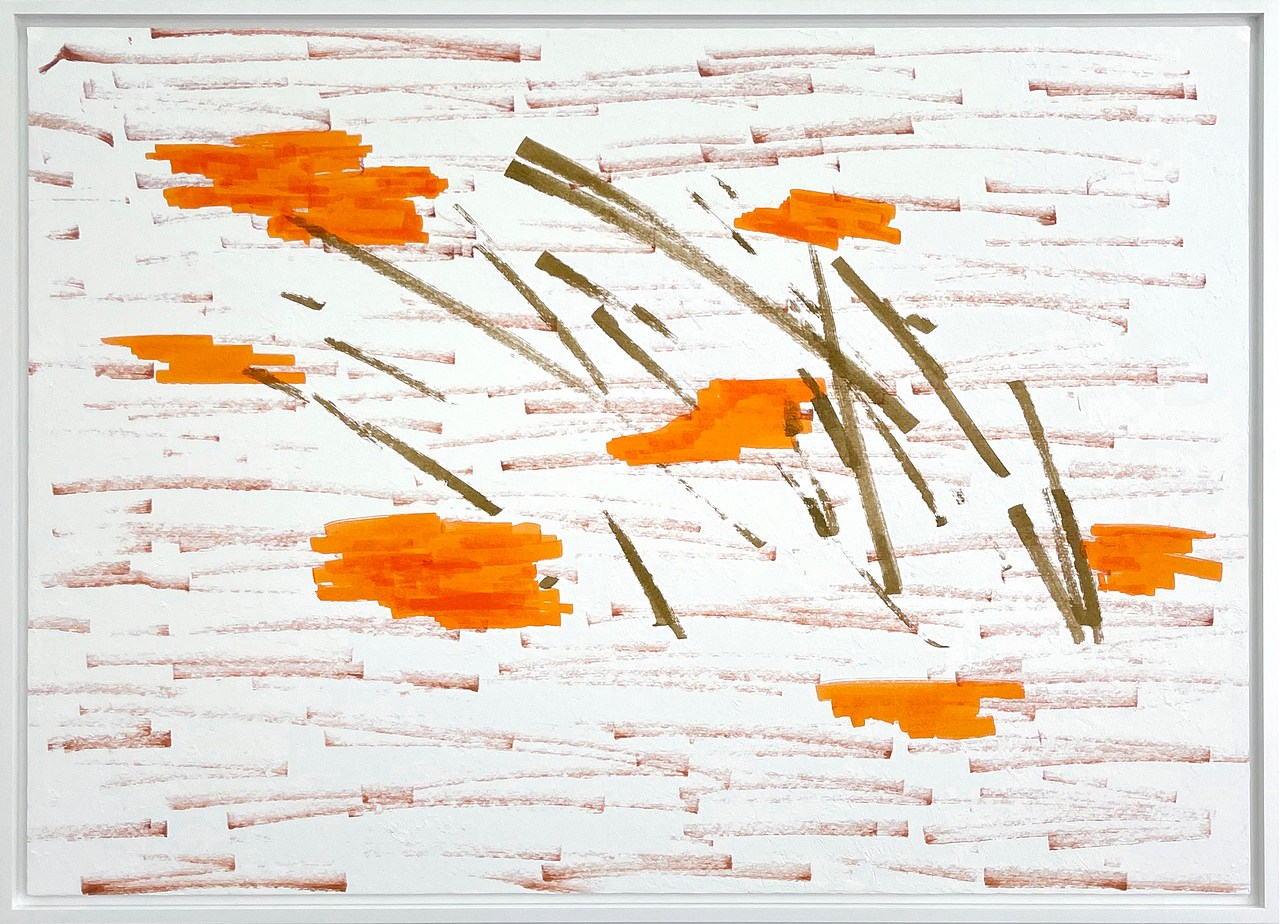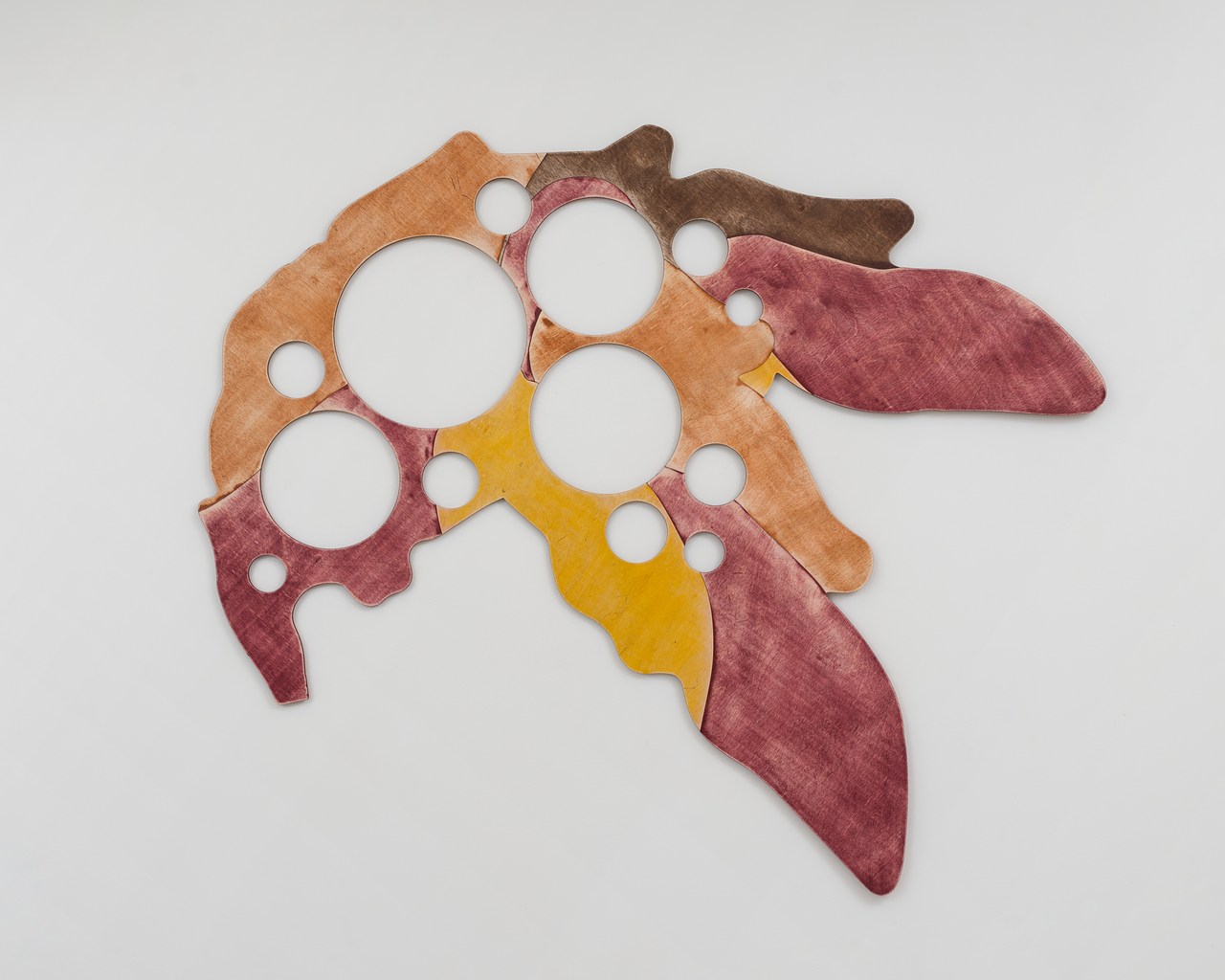Bonhams’s auctions of objects from the collection of Barbara Walters brought in $5 million. Ninety-nine percent of the 135 objects offered at an in-person sale sold, while all of the 238 lots made available online found buyers.
The estate toured Boston, Los Angeles, Paris, London, and Hong Kong before the sale, before landing in New York alongside an exhibition commemorating her career. Art, jewelry, design, and personal objects were among the items made available for auction.
Presented at Bonhams, her collection was spread across two sales: a live one held on November 6 and an online one where bidding began on October 29 and ran through November 7.
Walters had amassed a collection of American art, much of it in the form of paintings depicting women set against idyllic backdrops. Among the works from it that headed to auction, Childe Hassam’s The Peony Girl (ca. 1888–89) fetched $622,800 and William Merritt Chase’s The Tenth Street Studio (ca. 1884–1915) sold for $508,500. The former was Walters’s favorite piece, while the latter hung in her living room.
From her Mario Buatta–decorated apartment, where Walters often hosted dinner parties, a set of chintz upholstered armchairs by the designer yielded $4,480; a pair of gilt metal ostrich-form candlesticks sold for $6,400; against an estimate of $800–$1,200, Baccarat glass stemware service fetched $5,760; and a Royal Crown Derby Imari porcelain dinner service exceeded its estimate of $800–$1,200, selling for $5,760.
Copyright
© Art News





